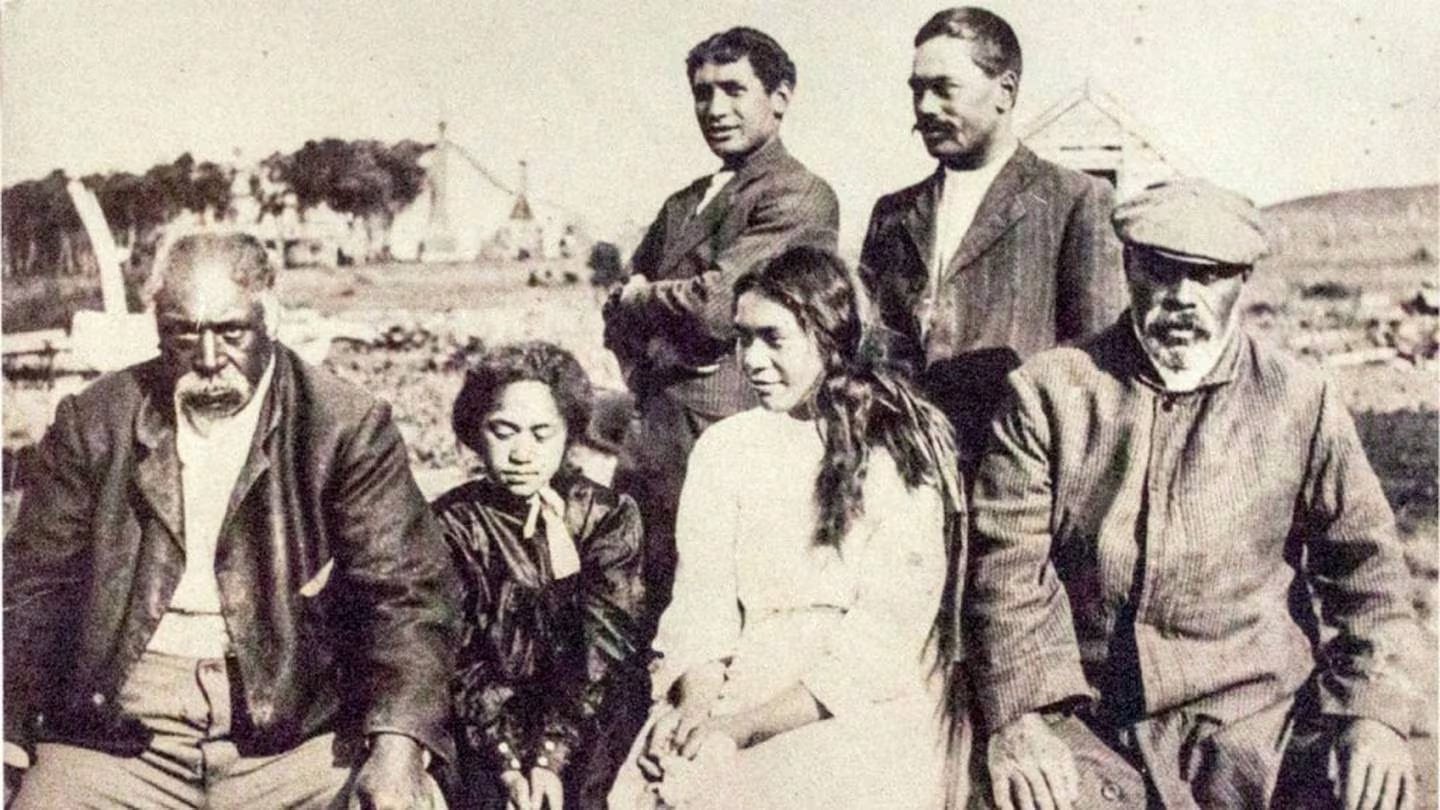The Moriori Imi Settlement Trust (MIST) is appearing in the High Court in Wellington today to seek interim orders that no further action be taken to progress the Ngāti Mutunga o Wharekauri settlement until the issue of who holds tino rangatiratanga on Rēkohu/Wharekauri is resolved.
With a packed public gallery, Moriori on one side and Ngāti Mutunga o Wharekauri on the other, the hearing opened with karaki/karakia from both groups.
Despite some shared whakapapa between them, the division in the courtroom was prevalent, reflecting deep historical and contemporary tensions.
At issue is whether the Crown should be allowed to finalise the iwi’s settlement with references to tino rangatiratanga. At the same time, Moriori continues to seek sole recognition of their customary authority over Rēkohu (Chatham Islands).
MIST is seeking an interim injunction to pause the settlement process until their full legal challenge is heard, a standard interlocutory procedure used to maintain the status quo in complex legal disputes.
MIST chair Maui Solomon said it was unfortunate the matter had reached the courts.
“With all other avenues exhausted, Moriori will now seek to be heard in the court of law. We do so reluctantly, but with a firm commitment to uphold the dignity of our karapuna (ancestors) and protect the legacy we leave for future generations of our imi (people).” Solomon said.
MIST emphasised that the legal action is not intended to block Ngāti Mutunga o Wharekauri’s redress, but to ensure it does not compromise Moriori rights.
Their concern is that the inclusion of tino rangatiratanga for Ngāti Mutunga o Wharekauri could prejudice ongoing legal efforts to secure formal recognition that Moriori, and Moriori alone, hold customary authority over Rēkohu. Moriori’s settlement, signed in 2020, did not include such language and is considered full and final.
Ngāti Mutunga o Wharekauri, supported by the Crown, is opposing the injunction. They argue that the Crown’s acknowledgements are based on a jointly agreed historical account and do not undermine Moriori mana.
“We are not seeking exclusive rights or to diminish Moriori,” said lead negotiator Tom McClurg.
“Our goal is to build a secure future for all whānau on Wharekauri, and recognising Ngāti Mutunga mana is part of that.” He said.
Status of Settlements
Ngāti Mutunga o Wharekauri signed an Agreement in Principle (AIP) with the Crown in November 2022, including a proposed $13 million in financial redress and $3 million in cultural support. The deal also includes co-management of conservation areas, return of culturally significant sites, and a joint customary fisheries framework. A final Deed of Settlement has not yet been signed.
is
In contrast, Moriori concluded their settlement with the Crown in 2020, receiving $18 million in redress and an apology for the Crown’s failure to prevent the 1835 invasion of Rēkohu by Ngāti Mutunga and Ngāti Tama, and the subsequent enslavement of Moriori. That settlement affirmed Moriori as the original inhabitants and corrected longstanding misconceptions of their identity.
However, shared redress components, such as joint ownership of Te Whānga Lagoon, have become a sticking point.
The High Court will decide whether an interim injunction is warranted at today’s interlocutory hearing. The substantive arguments have been set down for appeal in the Court of Appeal in March 2026.
The Minister for Treaty Negotiations, Paul Goldsmith, says he will not be making any comment.


